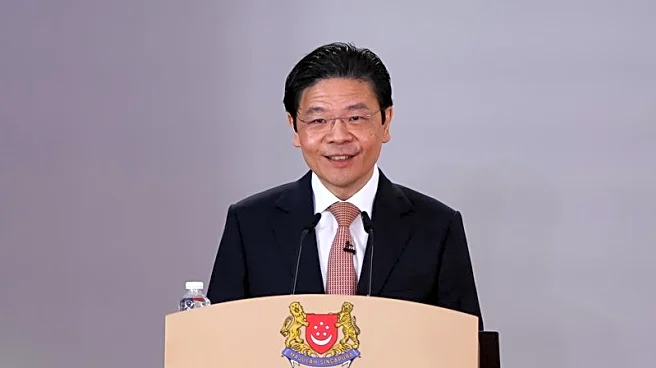What's Happening?
During a recent debate, UN officials and humanitarians warned the Security Council about the erosion of the international framework designed to protect civilians during armed conflict. The discussion highlighted
the increasing civilian casualties and the challenges faced in enforcing existing laws. In 2024, over 36,000 civilian deaths were recorded in 14 armed conflicts, with many more likely unreported. The debate emphasized the need for stronger policy and operational measures to protect civilians and urged states to act to salvage the protection architecture built over decades.
Why It's Important?
The erosion of the international framework for civilian protection poses significant risks to global peace and security. As conflicts continue to escalate, civilians are increasingly vulnerable to violence, deprivation, and displacement. The debate underscores the importance of enforcing existing laws and holding perpetrators accountable to prevent further harm. Strengthening the protection framework is crucial for safeguarding human rights and ensuring that civilians receive the necessary support and protection in conflict zones.
What's Next?
The Security Council will focus on enhancing accountability measures and promoting compliance with international humanitarian law. This involves collaboration with governments, international organizations, and civil society to implement protection strategies and support efforts to fight impunity. The Council will also explore ways to address emerging threats and ensure that protection concerns are consistently addressed across different contexts. Ongoing efforts will include monitoring and reporting systems to identify violations and enhance compliance with international standards.
Beyond the Headlines
The debate highlights the ethical and legal dimensions of civilian protection, emphasizing the need for a coordinated global response. It underscores the importance of addressing root causes and promoting accountability, fostering a culture of justice and reconciliation. The discussion also serves as a reminder of the international community's responsibility to protect vulnerable populations and uphold human rights standards, encouraging governments to prioritize civilian protection in their policies.












